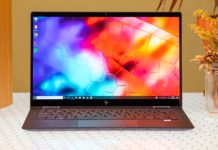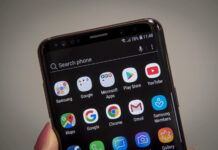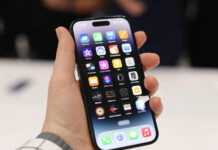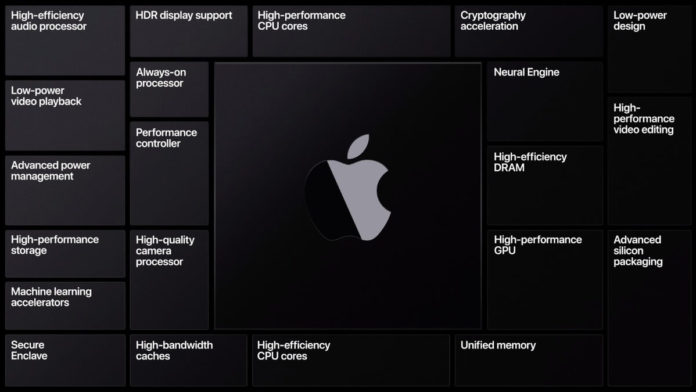This fall, Apple changed how we thought about laptops overnight. It replaced the Intel processors in its MacBook Air, 13-inch MacBook Pro and Mac Mini with its own homegrown ARM chips instead — and though we were initially skeptical about Apple’s silicon transition, the final product blew us away.
Now, Bloomberg reports that Apple’s chip chief has internally revealed that a second chip transition is also already in the early stages: a cellular modem that could mean far less need (if any) for Qualcomm chips in Apple’s products.
If you’ve been following Apple’s struggles with Intel and Qualcomm, this won’t come as much of a surprise: Apple bought Intel’s smartphone modem business last July, which strongly suggested it was only a matter of time before Apple used that purchase to develop its own radio chips.
Qualcomm has more than physical radio chips going for it, of course; it also has a tremendous amount of intellectual property around cellular that it licenses to companies like Apple (and has been accused of using in anticompetitive ways, though it recently won an antitrust suit against the FTC). Ahead of Apple’s purchase of Intel’s modem business, it reached a surprise settlement with Qualcomm over patent infringement and struck a multiyear deal around the companies’ wireless IP — one where it wound up paying Qualcomm $4.5 billion, and where Apple wound up getting the Qualcomm chips it needed to build this year’s 5G iPhones.
With its own cellular radios, Apple could at least be less reliant on Qualcomm. At best, it could build a better performing radio and offer better battery life, like it did with its new ARM chips vs. Intel.













































